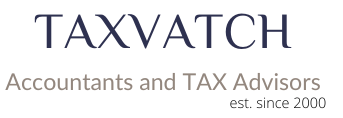Capital gains tax (CGT) is a tax on the profits you make when you sell or dispose of an asset that has increased in value. Here is some advice and information on capital gains tax:
- Understand which assets are subject to CGT: Capital gains tax applies to most assets, including shares, property, and personal possessions worth more than £6,000 (with some exceptions).
- Know the current CGT rates: The current CGT rates for individuals are 10% for basic rate taxpayers and 20% for higher rate taxpayers, with some exceptions. The rate can be different for businesses.
- Take advantage of tax allowances: You can make gains of up to £12,300 in the 2022/23 tax year before paying CGT, known as the Annual Exempt Amount. Spouses and civil partners can also transfer unused allowances to each other.
- Keep accurate records: You need to keep records of when you acquired and disposed of the asset and how much you paid for it and sold it for. You may also need to keep records of any improvements made to the asset.
- Consider tax reliefs: There are various tax reliefs available, such as Entrepreneurs’ Relief or Investors’ Relief, which can reduce the amount of CGT you pay.
- Plan ahead: If you are considering selling an asset, it may be beneficial to plan ahead to minimize your CGT liability. For example, you may be able to sell the asset over multiple tax years to use up multiple years’ worth of CGT allowances.
- Seek professional advice: Capital gains tax can be a complex area, so it is always advisable to seek professional advice from an accountant or tax specialist to ensure you are compliant with the relevant legislation and regulations.
